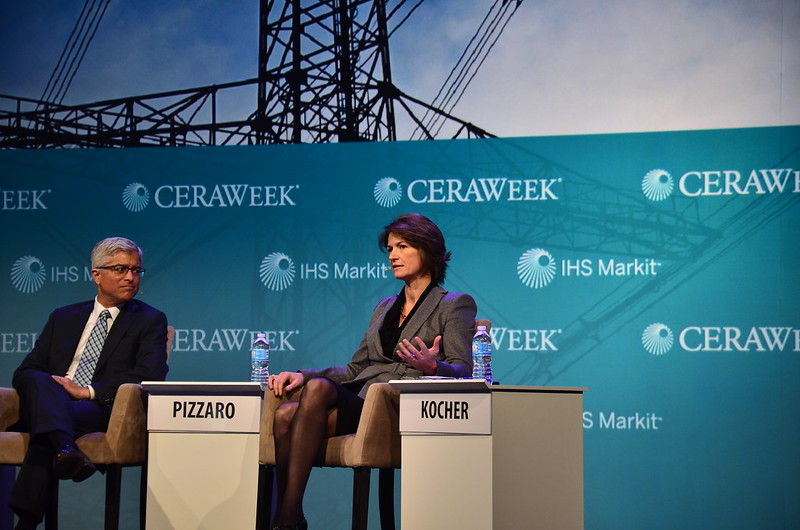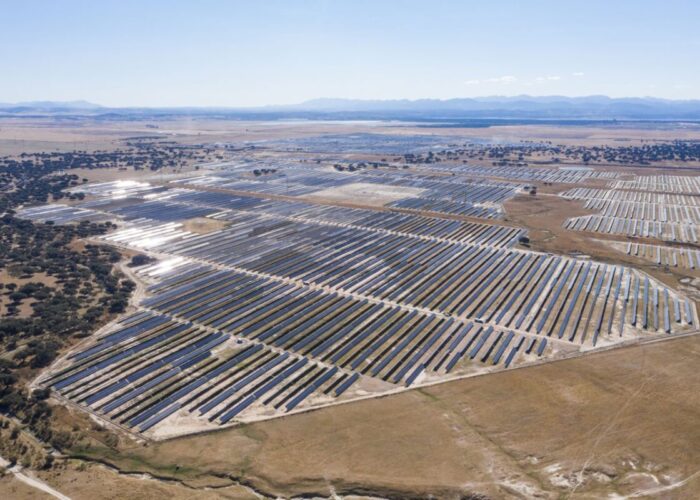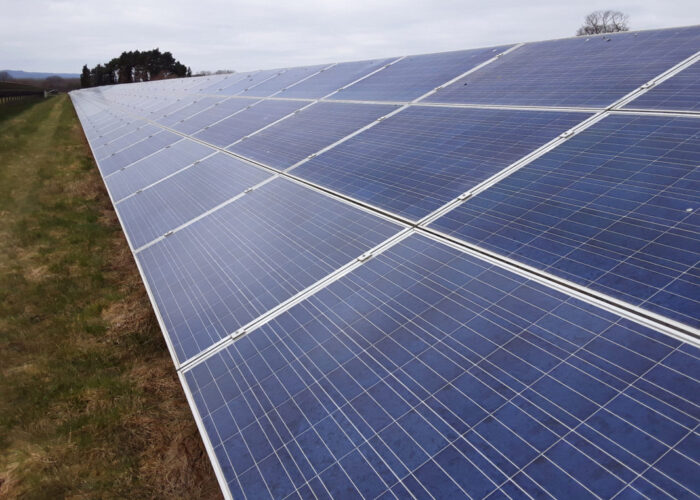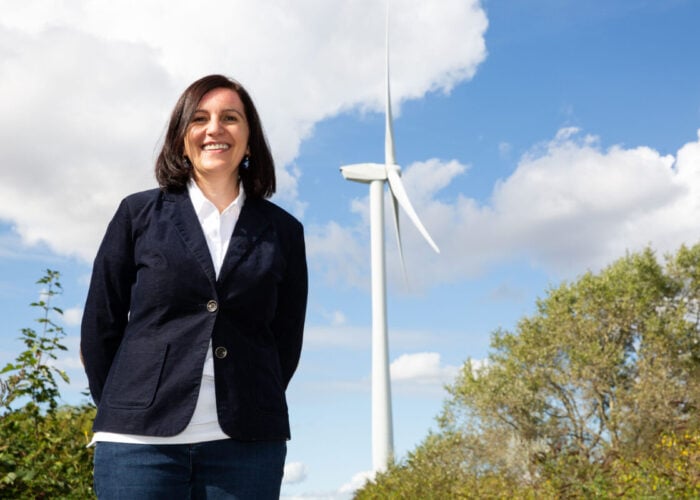
The French state has disputed claims that Engie may be dismantled following days of fresh rumours of rifts between evicted CEO Isabelle Kocher and the board members who moved to sack her.
Interviewed by franceinfo on Wednesday, French Environment minister Elisabeth Borne said the state, still the largest shareholder of Engie, has ruled out the dissolution of the embattled energy giant after the high-profile ousting of Kocher last week.
Unlock unlimited access for 12 whole months of distinctive global analysis
Photovoltaics International is now included.
- Regular insight and analysis of the industry’s biggest developments
- In-depth interviews with the industry’s leading figures
- Unlimited digital access to the PV Tech Power journal catalogue
- Unlimited digital access to the Photovoltaics International journal catalogue
- Access to more than 1,000 technical papers
- Discounts on Solar Media’s portfolio of events, in-person and virtual
During the interview, the minister was quizzed over claims in recent days by conservative politician Xavier Bertrand. Bertrand, the president of the Hauts-de-France region, had warned Kocher’s sacking marked the exit of an executive able to stop Engie from disintegrating.
“I can guarantee I will remain vigilant over two things,” came minister Borne’s answer. “Engie will continue spearheading the energy transition from natural gas to carbon-free energies, and obviously the group will need to have as efficient an organisation as possible to lead the transition.”
“There may be reorganisations, as Engie has known many reorganisations in the past and it is possible there will be others but there is no question in any case that Engie will be dismantled,” the minister added, when pressed over journalists over the energy giant’s future.
‘Strategic direction’ in the air, rifts over coal sale prices
The attempts by the French state – at 23.64%, Engie’s largest individual shareholder – to put an end to talk of the company’s dissolution emerged as questions were raised, from different fronts, over the long-term impacts of CEO Kocher’s ousting.
As they announced her sacking last week, Engie’s board of directors said the executive was being shown the door to ensure the group can “simplify its organisation” and “clarify its strategic options”. In the view of S&P Global Ratings, however, the move has only served to muddy the waters.
In a note this week, S&P said Kocher’s exit exposes the rifts between Kocher and the board and “casts uncertainty” over the group’s strategic direction. S&P vowed to monitor Engie's future moves to “clarify its key growth pillars” once a CEO replacement has been found.
Renewables are likely to feature highly in the future portfolio. Under goals set one year ago, the firm must add 9GW of renewables to its portfolio by 2021. The most recent financial updates show solar and wind plays, chiefly split between Brazil and the US, are performing strongly.
Questions are emerging over whether Engie's separate Networks unit for transmission assets – responsible for 40% of firm-wide EBITDA in 2018, as S&P noted – will retain its key role in the overall portfolio in the post-Kocher era, with stake sales being discussed for gas distribution activities.
It is the Thermal division, however, that is reported to have prompted Kocher’s demise. Sources approached by French outlet Libération spoke last week of the sale “on the cheap” of €15 billion of fossil fuel assets over Kocher's tenure, including coal plants and liquefied natural gas.
Solar asset sales as net debt jumps year on year
Engie’s boardroom controversy comes five years after the firm started operating under its current name, a shift from the prior brand – GDF Suez – resulting from the Gaz de France-Suez merger of 2008. As of late last year, the energy giant was said to employ 160,000 people worldwide.
Unaudited financial results for the first nine months of 2019 show the company achieved higher EBITDA and current operating income than in the same period in 2018. At a total €26.7 billion, however, net debt rose €3.4 billion year-on-year and prompted solar asset sales in India.
According to French outlet La Tribune, Engie’s board had initially planned to announce Kocher’s ousting on 26 February but staged the move on 6 February instead, amid unease over the publication on 3 February of a pro-Kocher letter in French newspaper Les Echos.
Co-signed by some 50 politicians and high-profile figures, the missive urged against any moves to sack Kocher. The executive, the signatories said, was likely to be facing those “unable to recognise that the world changes” and those defending “small particular interests”.
Engie board sources contacted by La Tribune wrote off the pro-Kocher initiative as a move by detractors of French president Emmanuel Macron. Speaking anonymously to the publication, others said Kocher’s success boosting turnover and EBITDA had been driven by natural gas and nuclear.
The prospects and challenges of solar's new era in France and the rest of Europe will take centre stage atand Large Scale Solar Europe 2020 (Lisbon, on 31 March-1 April 2020).







